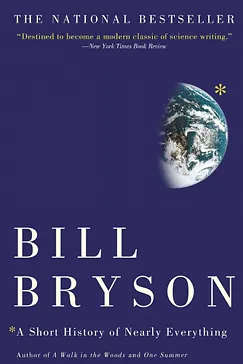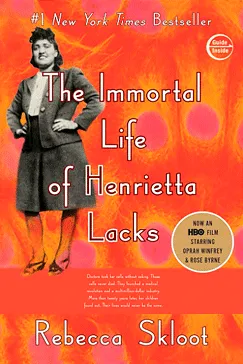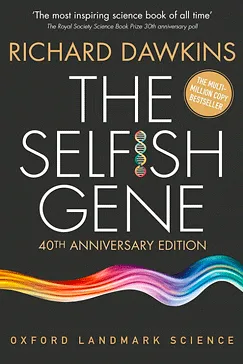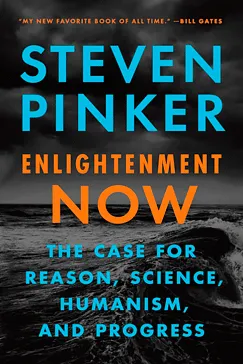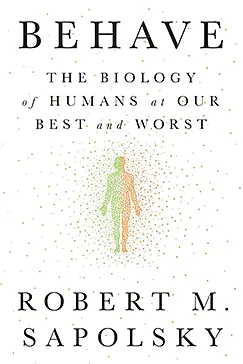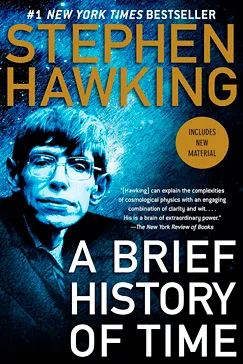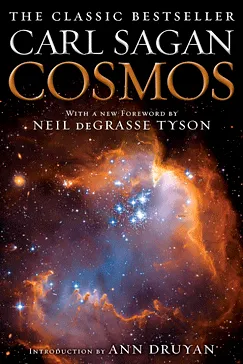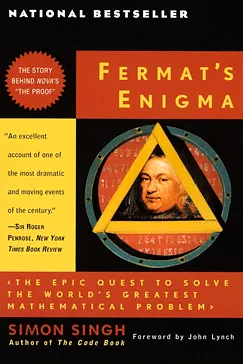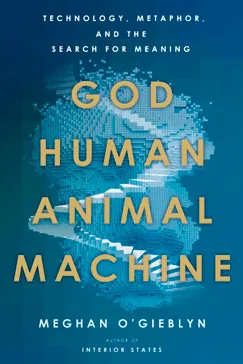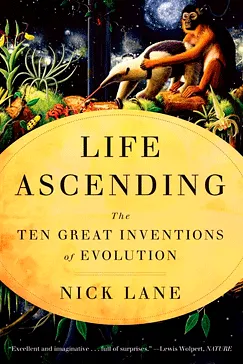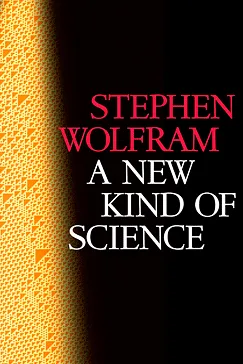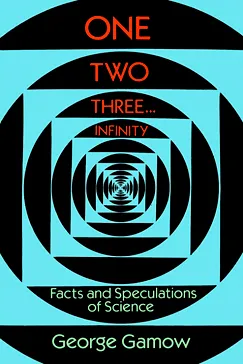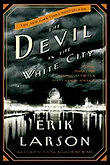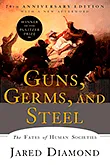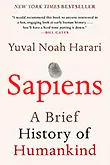Quench your thirst for knowledge with our selection of the best science books of all time.
Surely You’re Joking, Mr. Feynman!
Woven throughout all the lively stories about Feynman's life are snappy little take-home truisms about better teaching and learning science: for instance, that many students cope with classes by memorizing facts and formulae, but don't absorb any meaning Sciences, and his life are both brilliant with quirky approaches to both as the part of the New York board of education to his later experiments in quantum mechanics. His approach to problem-solving, and his irremediable curiosity to understand the world around him, undergird not just his contributions to science but his unique perspective on life that has made science approachable and profoundly human. It's an engaging read, full of humor and insight into the workings of a curious and adventurous mind.A Short History of Nearly Everything
Recommended by: Warren Buffett, Michael BatnickThe book takes through a comprehensive grand journey in the realms of science, uncovering complex stories that stand behind the universe, our planet, and life itself. In a clear and witty way, it captures big questions, the great scientific endeavors that have defined human understanding of the world. It takes the reader through an enlightening and entertaining tour from particles so small to the cosmos so grand of the natural wonders, and the ingenuity of minds to uncover them, aiming to inform and inspire. It's a celebration of curiosity, revealing the marvels of science in a way that is engaging and accessible to all.The Immortal Life of Henrietta Lacks
The book tells the true tale of a black tobacco farmer, Henrietta Lacks, whose cells were taken without her knowledge back in the year 1951. The cells would later be known as HeLa, and they turned out to be fundamental towards the development of the polio vaccine, the cloning of genes, and many other essential tools of medicine. Her family, however, was never told and never paid. The story brings together the moral issues of scientific discovery with the deeply personal saga of the Lacks family, dealing with problems of race, poverty, and the never-ending legacy of Henrietta's contribution to science and to humankind.The Selfish Gene
The revolutionary concept first proposed in this book is that the major unit of natural selection is not the individual or the species, but the genes themselves. It explains how the genes are selfish and how they make the organisms behave in a way that will ensure that they survive. The book is written in an accessible and engaging language, where the 'selfish gene' theory is described in such a way that it gives the reader new insight about the evolution, cooperation, and complexity of life with striking examples. It challenges traditional views in that it strongly suggests that actions and the natural world are importantly shaped by our genetic make-up.Enlightenment Now
In this enlightening book, the author argues how the world is in fact getting better, not worse, thanks to values of the Enlightenment such as reason, science, and humanism. He provides abundant data indicating improvement in health, wealth, safety, peace, and happiness which run contrary to the prevailing negativism in today's media. The book calls on its readers to appreciate the strides made by humanity and keep on supporting Enlightenment principles in order to correct present and future ills. It is a very persuasive appeal for optimism and reasoned thinking in a world that all too frequently tends towards pessimism.Behave
Going beyond these efforts was a profound search into the reasons behind human behavior—an attempt to find perspective on how biological, neurological, and environmental influences cause or maintain certain kinds of animal behavior. Social influence touches brain mechanisms to provide an understanding of many threads in a braid that gives explanation with respect to why we act like we do; it offers an insight into what underpins our human nature and the potential to affect change.A Brief History of Time
It reveals the mysteries of the universe, delving into such complex ideas as black holes, the big bang, and the nature of time to make them accessible to non-scientists. It sets a challenge before the reader: to think about the world and its dimensionality, the birth of everything, and the main laws underlying reality. It is an attractive book to the general public through its clear illustrations and avoidance of advanced mathematics. It is a journey through space and time that attempts to explore man's quest to answer the questions on the secrets of the universe.Cosmos
It takes the readers to the grandeur of the universe and leads them on the expedition of space and time from the first bang to the edges of galaxies. The author fuses science, philosophy, and history into a single concept – how the universe works, how life on Earth has developed, and at last – what the place of humanity in Cosmos is. In vivid storytelling with sharp scientific detail, it reveals the wonders of the cosmos, the value of scientific inquiry, and the preciousness of our home planet. This book inspires awe and curiosity about the universe and encourages readers to look at the world in a new light.The Beginning of Infinity
Unlock potentials for infinite progress, the only driver of which is human knowledge and creativity. This book further illustrates how through correct comprehension and application of science and technology, there is nothing impossible for mankind to accomplish. It runs the gamut of problems from physics and philosophy to the arts and history, showing how given enough knowledge, problems are solvable. The author challenges the concept that growth has finite boundaries and offers an optimistic view of the future where progress is infinite. It is an inspiring call to chase knowledge and innovation and to be shown endless opportunities lying ahead.Fermat's Enigma
Recommended by: Chamath PalihapitiyaJourney through the captivating chronicle of a centuries-old challenge in mathematics, Fermat's Last Theorem. Witness how dedication and trials that people had to undergo in proving that statement, which had been tantalizing and testing minds of generations of mathematicians, just to come up with a breakthrough that definitely marked a monumental moment in the history of mathematics.God, Human, Animal, Machine
Recommended by: Yuval Noah HarariThis book thus explores the blurring lines between technology, humanity, and divinity, getting into the philosophical and ethical questions of our time. Dealing with how the progress of artificial intelligence and technology challenges our consciousnesses, free will, and the essence of the human being. Grounded in history, theology, and science, it reflects on the human search to remake ourselves and our divine, asking what it is to be alive in an age of machines that are ever more intelligent. Through insightful analysis, it encourages readers to think about the future of human identity and man's place within a world that is blurring the traditional boundaries between the natural and the artificial.Life Ascending
Recommended by: Chamath PalihapitiyaTravel through an epic story, from the very genesis of life on land all the one way to the rise of the megafauna. Discover how ten great inventions of evolution changed our world.A New Kind of Science
Recommended by: Nassim Nicholas TalebAn original work that puts into question the norms in scientific methodology and introduces an innovative way of understanding the universe. In the story, the author studies the origins of complex systems and patterns with rather elementary rules by means of simple computer programs, or so-called "cellular automata. According to the book, this class of simple algorithms may in fact be responsible for much of the complexity in nature, from the growth of plants to the human brain. This would imply that the universe itself may operate under the same laws and thus prove a severe paradigm shift in our understanding of science and laws of nature.One Two Three . . . Infinity
Recommended by: Steven PinkerPlunge into the alluring world of mathematical reasoning and science through this gripping story. It introduces such abstruse concepts as infinity, the fourth dimension, and atomic structure, putting them in perspective that is understandable, yet amusing. The author gives clear explanations and imaginative illustrations to make these concepts come alive, in the This book is for you if you are a science fan, or you just want to widen the horizons – it will take you on a delightful tour of some of the most exciting physics and mathematics topics.
List of top rated Science books everyone should read. Best sellers only!

